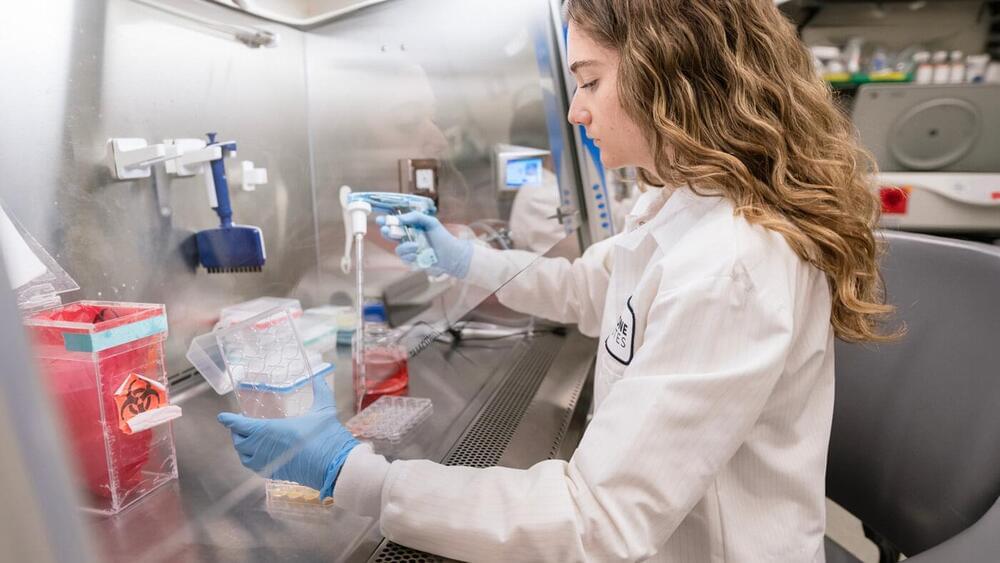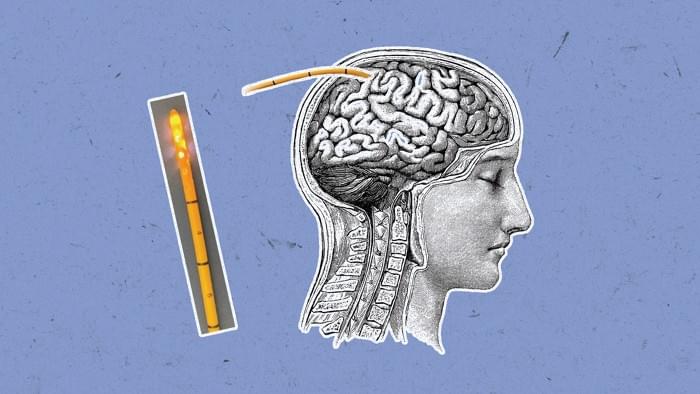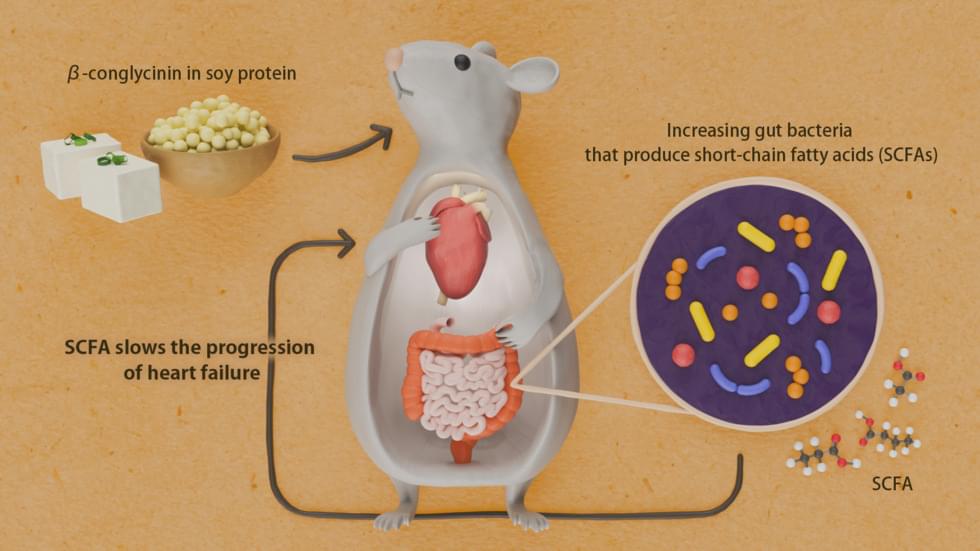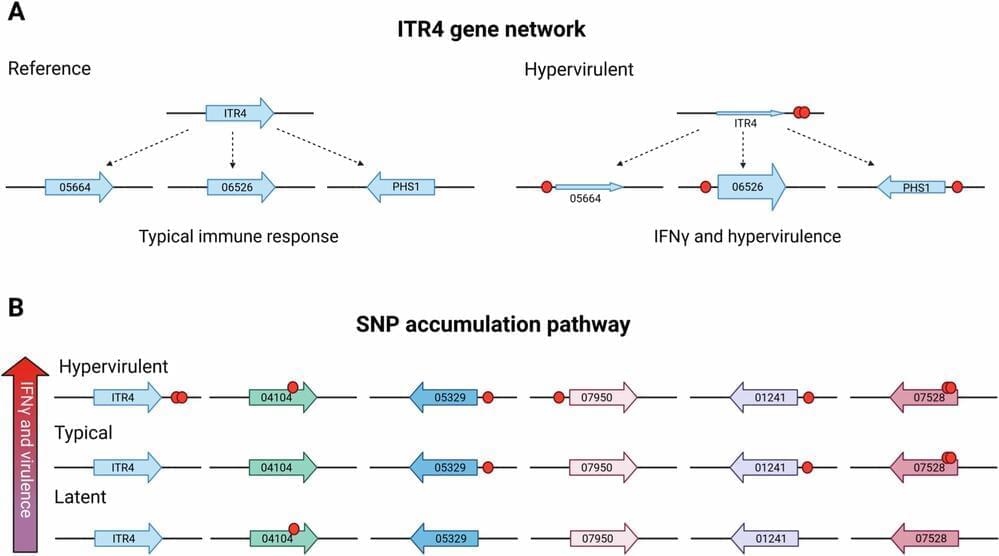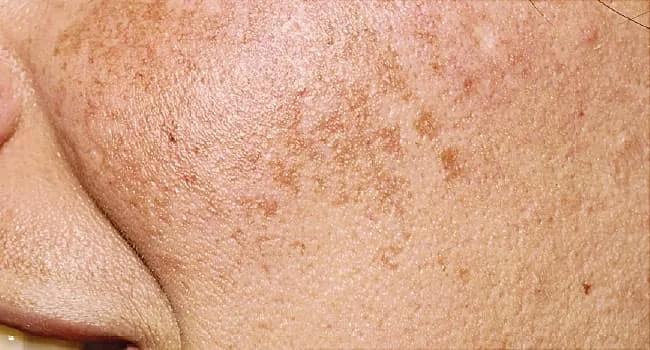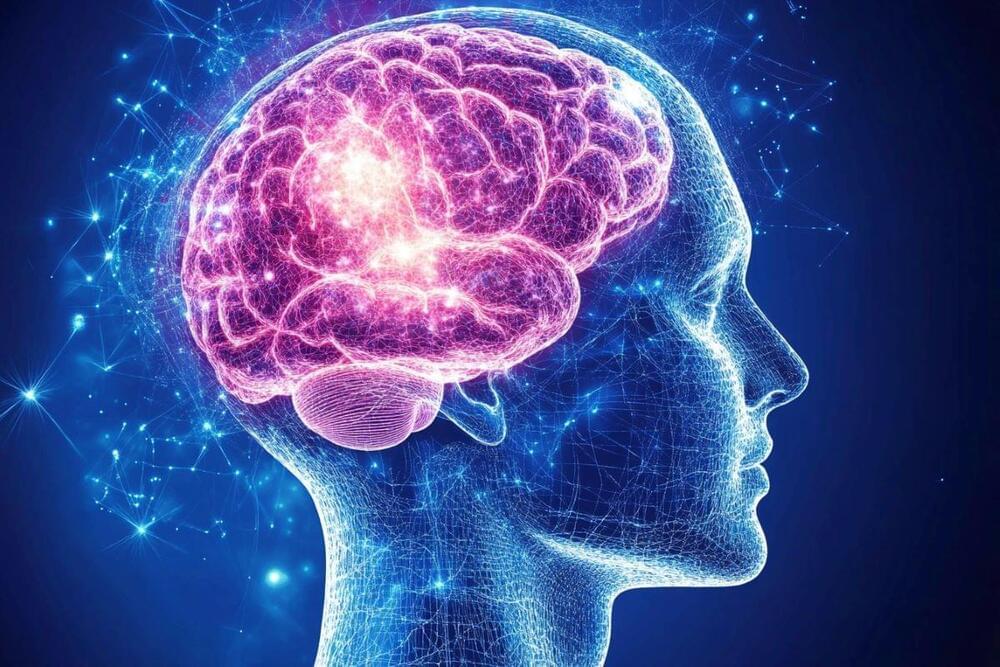Saar Yoskovitz is Co-Founder & CEO at Augury, a pioneer in AI-driven Machine Health and Process Health solutions for industrial sectors.
American manufacturers are at a crossroads, needing to decide between evolution and obsolescence. The tools that historically drove profitability and efficiency are no longer having an impact. Labor is hard to find and harder to keep. The National Association of Manufacturing projects that 2.1 million manufacturing roles will go unfilled by 2030. This hard truth is compounded by findings in Augury’s State of Production Health report, which reveals that 91% of manufacturers say that the mass exodus of industry veterans will worsen the knowledge gap.
An alarming rate of brain drain is looming over the industrial sector. As tenured employees reach retirement age and fewer professionals line up to take their place, more manufacturers are turning to artificial intelligence (AI) to bridge the gap.

